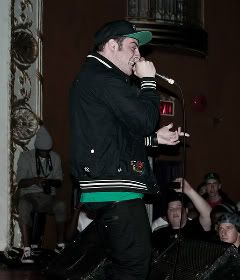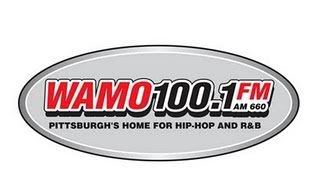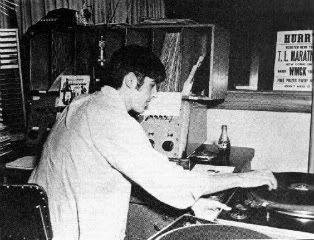
Mac Miller from jheiv (Creative Commons)
Pittsburgh's newest addition to the hip-hop scene, 19 year old Mac Miller, comes from the gritty urban streets of...Point Breeze. And he's a white Jewish rapper, ala the Beastie Boys.
But hey, don't hold that against Miller (given name: Malcomb McCormick). Like Wiz and Slimmie, he came out of the City's top incubator of rap, Taylor Allderdice High in Squirrel Hill, and can lay down a thumpin' beat with a good time lyric; no ganstas are being bred on Tilbury Avenue.
He had his hip-hop epiphany as a 15 year old freshman. Once a neighborhood jock, Mac dedicated himself to his music full time. Before launching his solo career, he was part of the crew The Ill Spoken with rapper Beedie and is a self taught musician, playing guitar, drums and the piano.
Mac developed a local following by selling homemade mix tapes during shows and over the internet. His 2009 release, "The High Life," hit the big time with about 30,000 downloads, and that jump-started his career.
When he reached 18, Miller signed with Rostrum Records, run by Squirrel Hill's Benji Goldberg (it's also Wiz's label), and released his mixtape debut, "K.I.D.S." in 2010. The vids captured over 2.5 million YouTube hits in the first month they were posted. Miller passes a lot a credit onto his long-time producer, Rex Arrow, who makes low-budget vids look like Hollywood noir.
Miller is extraordinarily adept at using social media. His vid "Donald Trump" has more than 12 million hits and he tweets to 467,000+ Twitter followers, second among Pittsburghers. He trails just Wiz, who has a couple of million tweet-mates. And Wiz isn't just a school-mate, label-mate, and brother rapper; the pair are buds (OK, homeys) from way back.
That fall, he went on his first Rostrum tour with label mate Boaz and opened for Wiz Khalifa at the Stage AE in December. Since then, he's been busy selling out dates on the Smoker's Club Tour with Curren$y and Big K.R.I.T., with Wiz on the Campus Consciousness Tour and his own Incredibly Dope Tour.
Like label mate Wiz last year, Miller is part of XXL Magazine's Freshman Class for 2011, scoring a cover shot sporting his Bucco cap. He released his new mixtape, "Best Day Ever" in May. It was pre-released in March as a free download on Upstream, and crashed the site for awhile, drawing over 200,000 downloads over the first weekend.
Most of the tracks were recorded at Lawrenceville's ID Labs, and show off cuts like "Nikes On My Feet" and "Keep Floating," performed with Wiz and celebrating the high life. Miller raps behind bass lines and a synth, and his lyrics range from mind worm hooks to lighthearted lines, definitely back-to-roots old school hip-hop. Don't expect that high-energy, fun-loving mood to change.
Miller told Rolling Stone's Blaine McEvoy that "Whether I’m discussing important topics in the world or not, people tell me that my music is something they use to cheer themselves up if they’re having a bad day, and that’s something positive I can bring to the world. If I can keep helping people like that, then I’m going to continue doing that."
His plan now is to have an album ready for late summer, before he embarks on his first international tour in September. It's time to rep the town to the world, and what better ambassador than Mac Miller?
.


